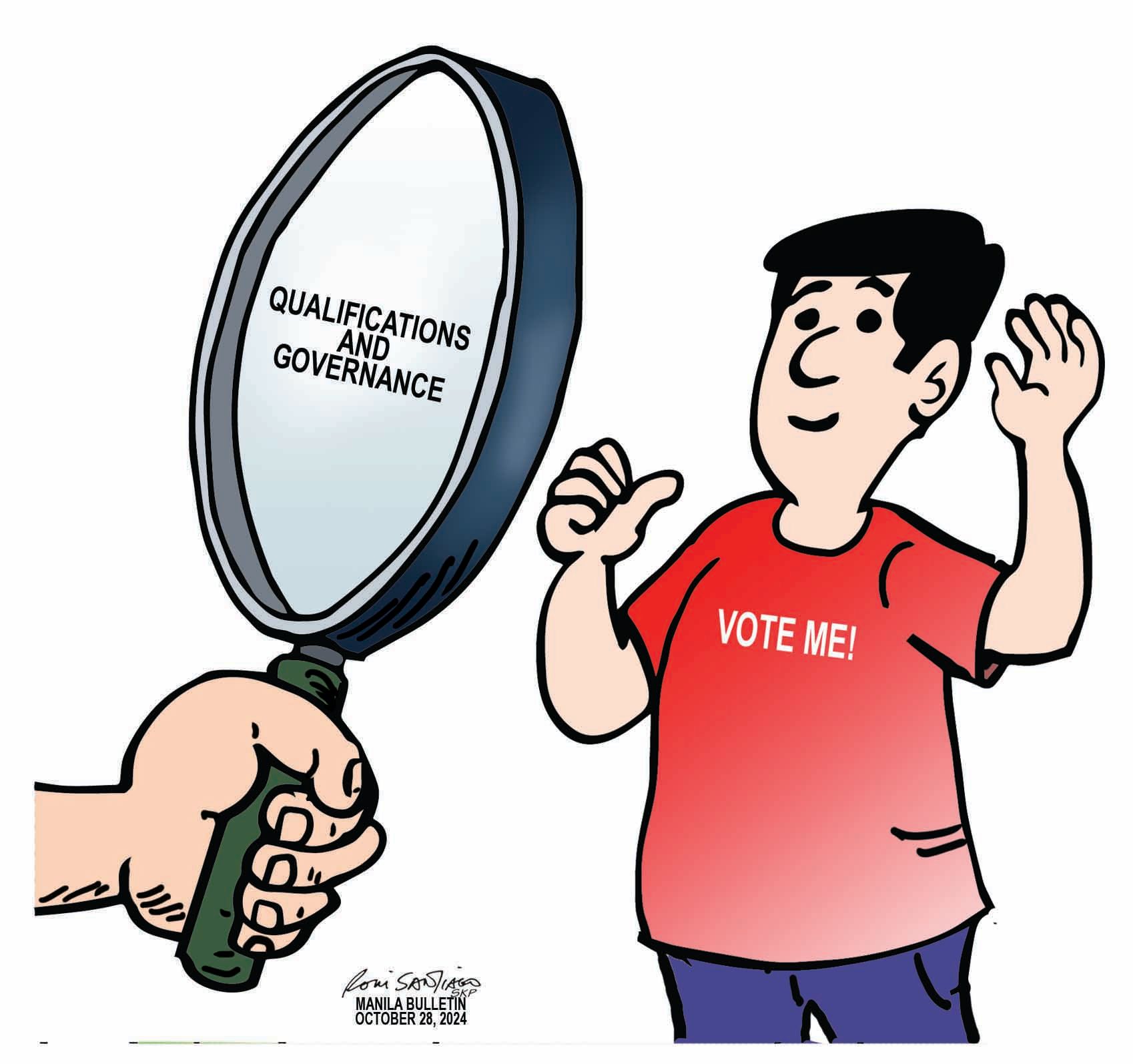
In recent years, the Philippines has witnessed a growing trend of movie and entertainment, as well as sports personalities, entering the political arena. Former President Joseph Ejercito Estrada and former Vice President Noli de Castro are among the politicians whose rise to power invites deeper understanding. Globally, figures like Ukraine’s President Volodymyr Zelensky and former US President Ronald Reagan have successfully transitioned from entertainment to leadership roles. As we consider the implications of this trend in the Philippines, it is essential to adopt a balanced perspective.
One primary reason for this shift is the public’s desire for leaders who seem relatable and approachable. Entertainment and sports figures often enjoy widespread recognition and a loyal fan base, which can translate into significant electoral support. They embody qualities such as charisma, resilience, and the ability to connect with people—traits that are increasingly valued in political leaders. In an age where authenticity is prized, these personalities often resonate with voters seeking change from traditional political elites. The emergence of social media platforms has also magnified their prominence and popularity.
However, while their celebrity status can garner initial support, it raises critical questions about qualifications and governance. The transition from a life in the spotlight to one of public service demands a distinct set of skills, including policy knowledge, critical thinking, and the ability to navigate complex political landscapes. Zelensky, for example, leveraged his background as a comedian and actor to communicate effectively and rally support during a national crisis. His popularity was rooted in a deep understanding of his constituents’ struggles, which he articulated compellingly through his earlier work. This highlights that successful leaders must transcend their celebrity status and demonstrate a commitment to the public good.
In the Philippines, the impact of celebrity politicians is evident, particularly in the context of voter engagement. Many Filipinos, especially the youth, may be more inclined to vote for someone they recognize from television or sports than for traditional politicians with lengthy resumes. This can encourage greater participation in the electoral process, as familiar figures may inspire interest in governance among those who might otherwise remain disengaged.
Nevertheless, the risks associated with this trend cannot be overlooked. The challenge lies in ensuring that these personalities transition into roles where they can effectively govern, rather than relying solely on their fame. For instance, are they better suited to govern as local or national executives, rather than as representatives or senators?
Governance requires a nuanced understanding of complex issues, strategic thinking, and a willingness to engage in dialogue with experts and constituents alike. The Philippine electorate must critically evaluate candidates based not only on their popularity but also on their capacity to fulfill the responsibilities of public office.
Moreover, the media plays a significant role in this dynamic. The sensationalism surrounding celebrity politicians can overshadow substantive discussions about their policies and qualifications. By influencing the public to demand substantive discussions on the candidates’ platforms and their ability to address pressing issues, the media can help foster a more discerning electorate.
Voters must demand accountability and a commitment to the public good, irrespective of a candidate’s background. By doing so, we can harness the potential of this trend to foster more responsive and effective political governance in the Philippines.